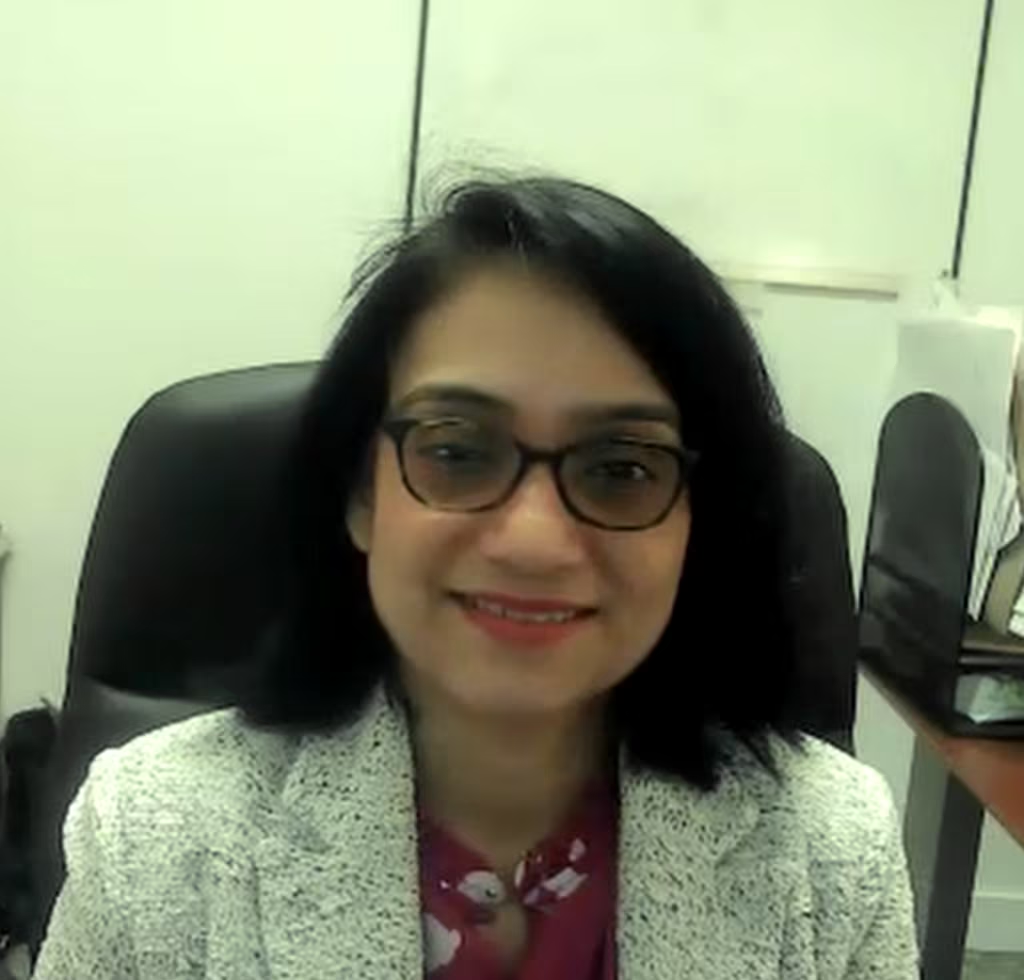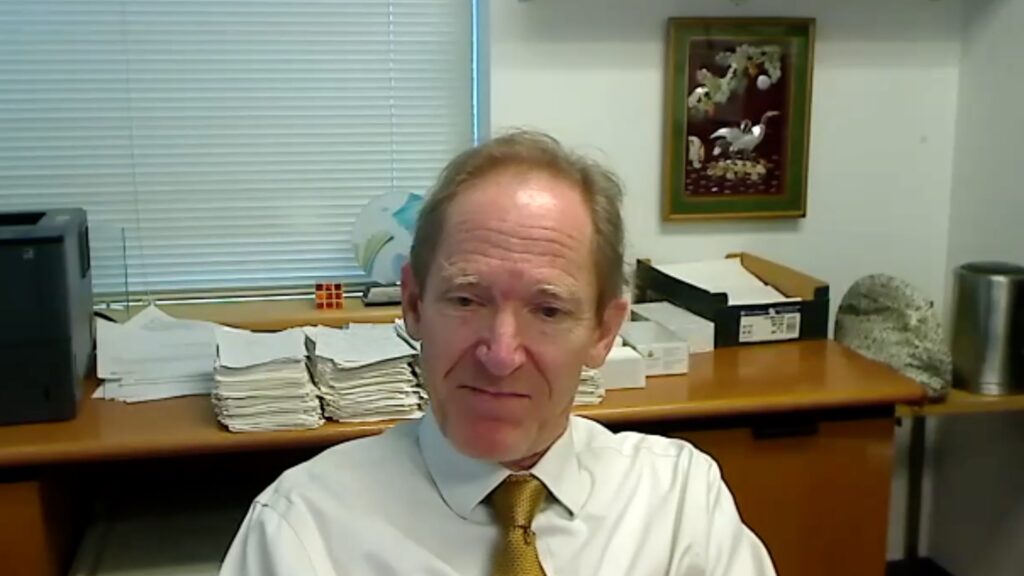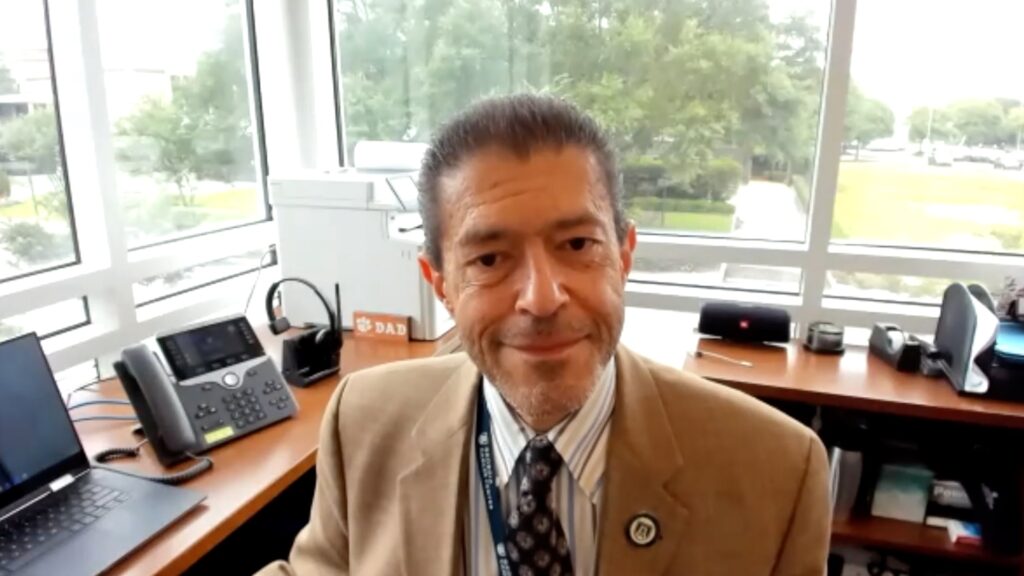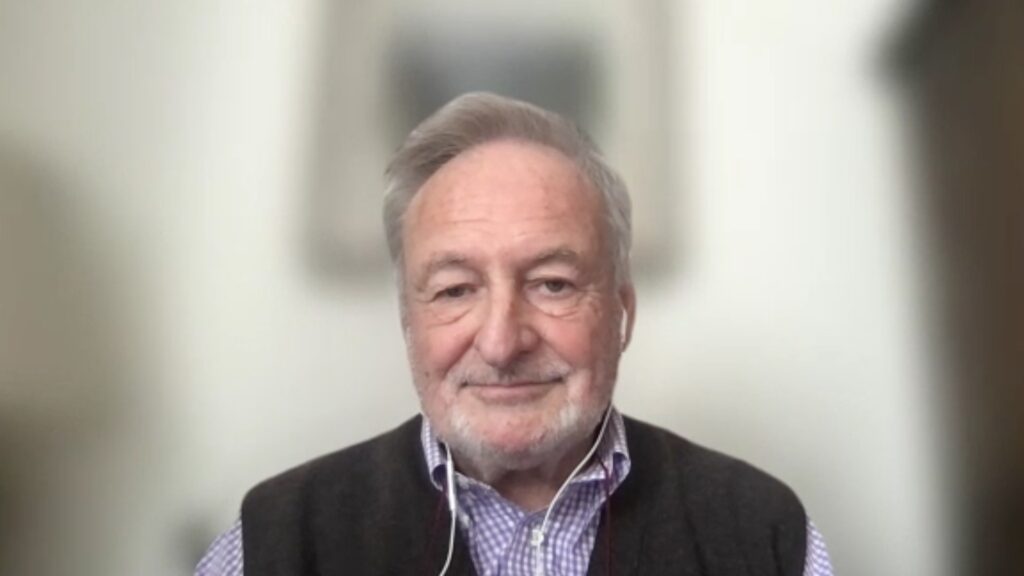In KMT2Ar leukaemia, the interaction between menin and KMT2A fusion proteins plays a crucial role in the development of the disease. Despite this, there are currently no approved therapies targeting the menin-KMT2A interaction. Dr Ibrahim Aldoss (City of Hope National Medical Center, Duarte, CA, USA) joins us to discuss revumenib, a novel small-molecule inhibitor targeting this interaction for relapsed/refractory (R/R) KMT2Ar and NPM1-mutated (NPM1m) acute leukaemia, presenting the primary efficacy and safety results in the key phase 2 study, AUGMENT-101 (NCT04065399), and the future directions of revumenib and similar therapies in acute leukaemia treatment.
The abstract entitled ‘Revumenib Monotherapy in Patients with Relapsed/Refractory KMT2Ar Acute Leukemia: Topline Efficacy and Safety Results from the Pivotal Augment-101 Phase 2 Study‘ was presented at the 65th ASH Annual Meeting and Exposition December 9-12, 2023, in San Diego, CA, USA.
Questions
- Could you explain the challenges in treating relapsed/refractory KMT2Ar acute leukaemia and why targeting the menin-KMT2A interaction is crucial? (0:22)
- What was the rationale for using revumenib as a potential therapy for KMT2Ar acute leukaemia in the AUGMENT-101 study, and what is its mechanism of action? (1:43)
- What were the aims, design, and eligibility criteria of the Phase 2 AUGMENT-101 study? (2:33)
- What were the key findings of the study, and how do these compare to existing treatment options? (4:02)
- What future research directions do you foresee for revumenib and similar therapies in acute leukaemia treatment? (6:12)
Disclosures: Ibrahim Aldoss is on the advisory board for Syndax.
Support: Interview and filming supported by Touch Medical Media Ltd. Interview conducted by Katey Gabrysch.









